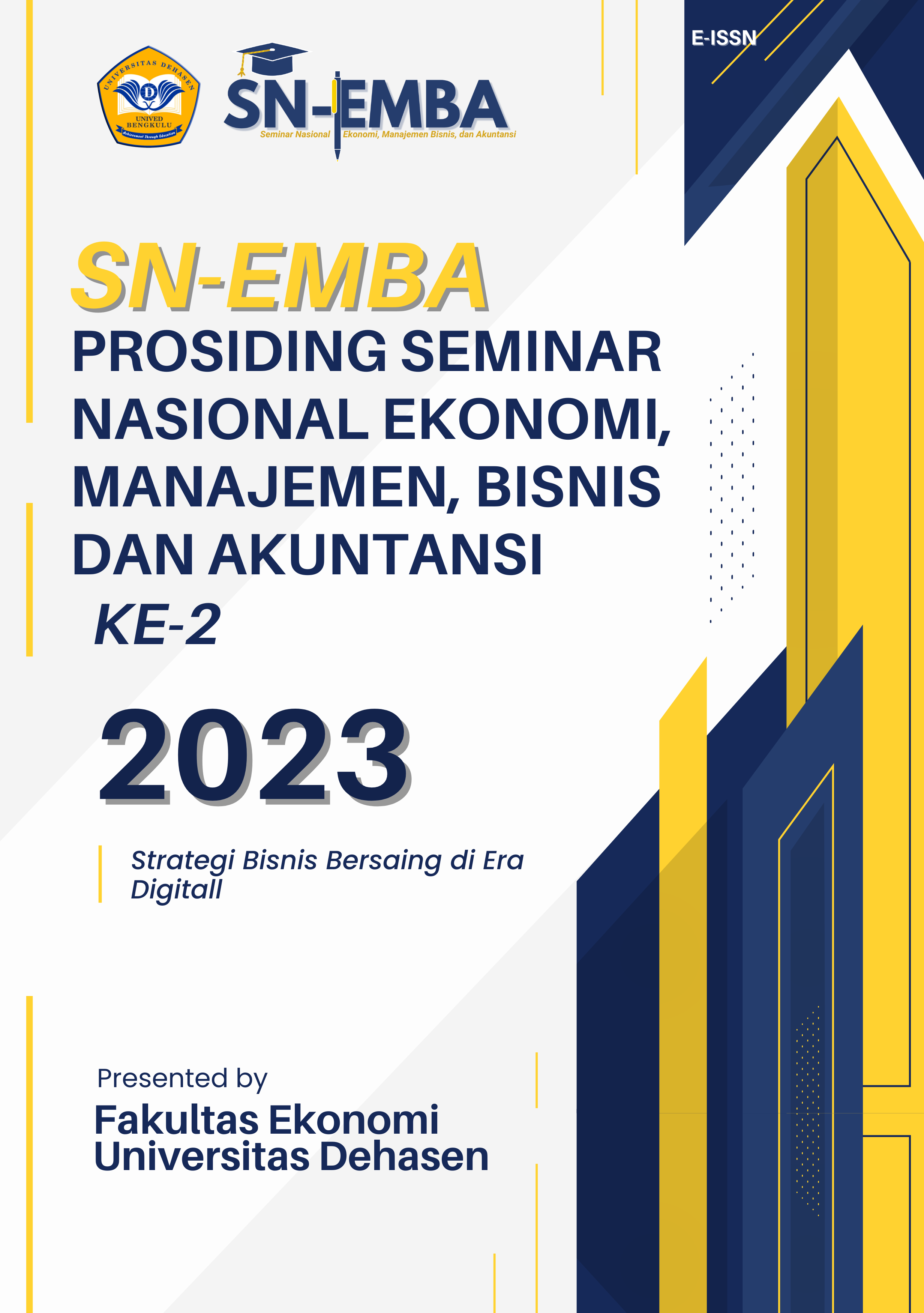Analisis Studi Kelayakan Pengembangan Usaha Limbah Cangkang Sawit Pada CV Sumber Jaya Kota Bengkulu
Kata Kunci:
Business Feasibility Study, Payback Method, Net Present Value (NPV), Profitability Index (PI), and Internal Rate of Return (IRR)Abstrak
The business feasibility study is very important for the development of the palm shell waste business at CV Sumber Jaya, Bengkulu City, which plans to develop its business with maximum profits. This research aims to analyze and determine the costs of income, profits and the feasibility of developing a palm kernel shell waste business at CV Sumber Jaya, Bengkulu City. The analytical method used to determine the feasibility of a business or investment is based on financial aspects using the Payback Method, Net Present Value (NPV), Profitability Index (PI), and Internal Rate of Return (IRR). The results of the research show that the Payback Method shows that the invested funds can be recovered within a period of 8 months, meaning that the business is feasible to carry out, the Net Present Value (NPV) Method shows the NPV value is greater than 0 (zero), namely Rp. 2,321,587,561,- meaning the business is worth running, the Profitability Index shows 5.159%, meaning the PI value is greater than 1, so the business can be said to be worth running, and the Internal Return Rate (IRR) shows the figure of 35.49% is greater than the deposit rate of 10% so the business is worth running. This shows that the level of income is greater than the total investment costs so that the business is worth continuing.
Unduhan
Diterbitkan
Cara Mengutip
Terbitan
Bagian
Lisensi
Hak Cipta (c) 2024 Meisie Novia Sari, Yun Fitriano , Utama Putra

Artikel ini berlisensiCreative Commons Attribution-ShareAlike 4.0 International License.


















